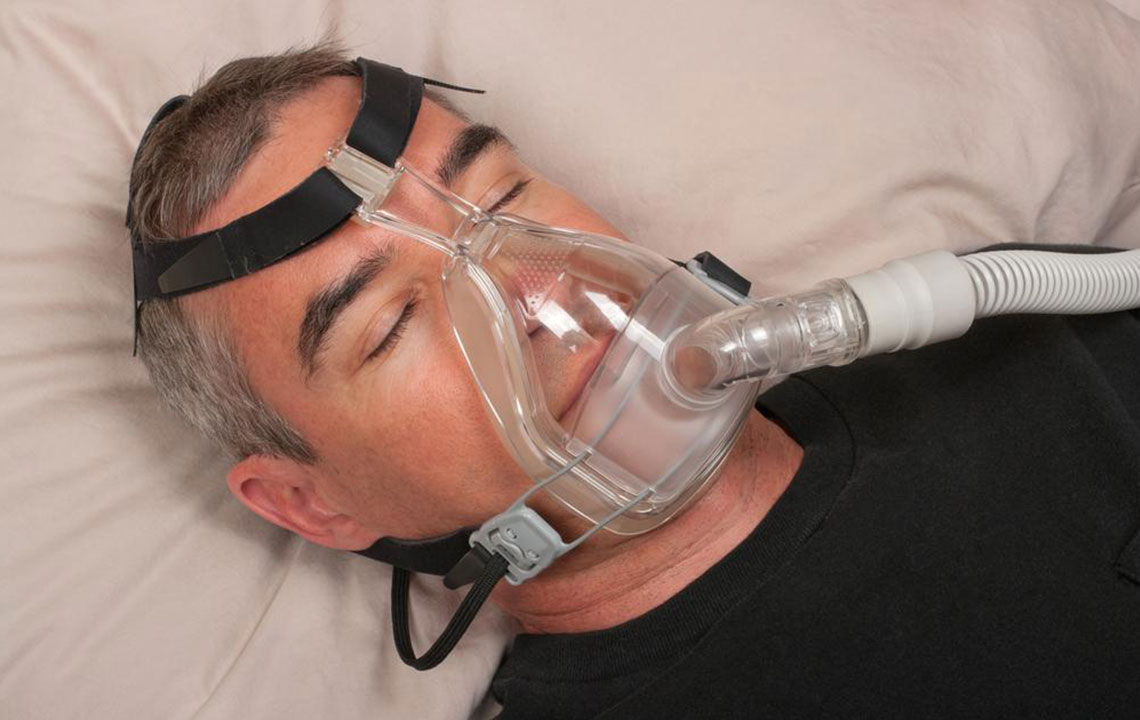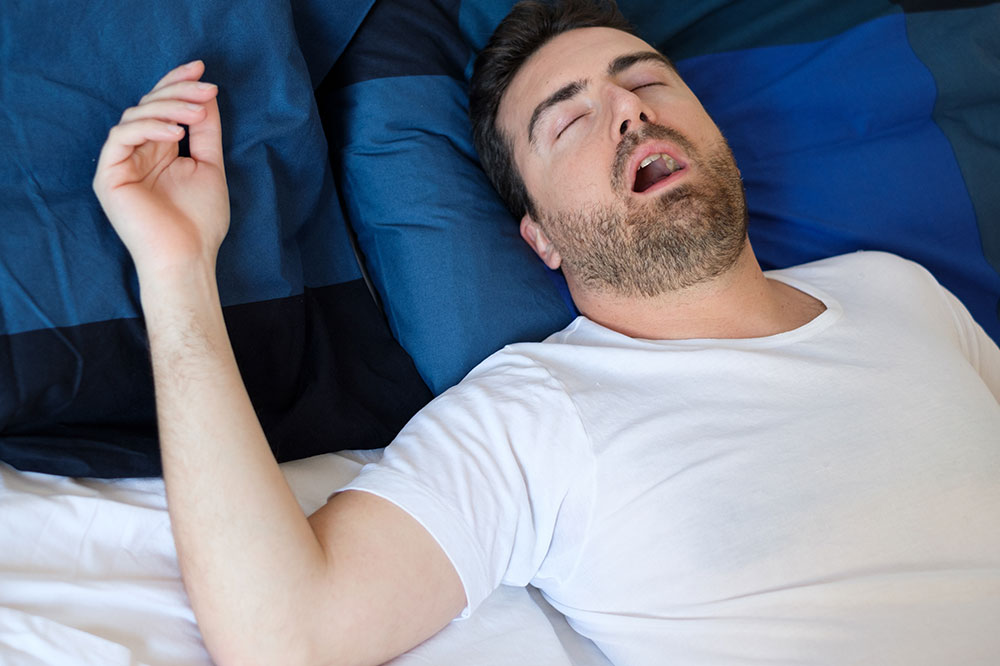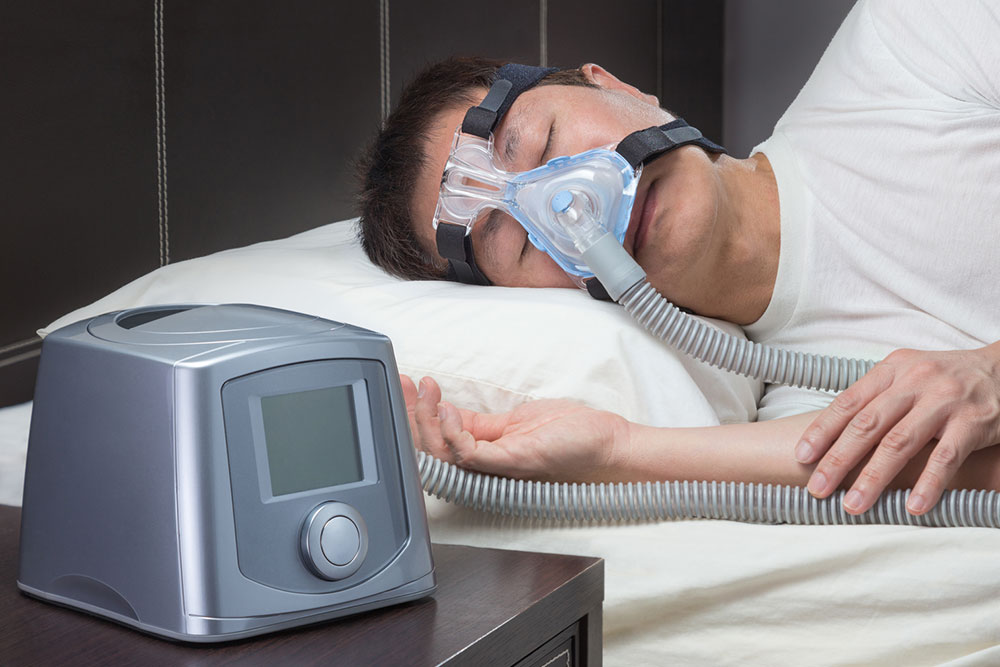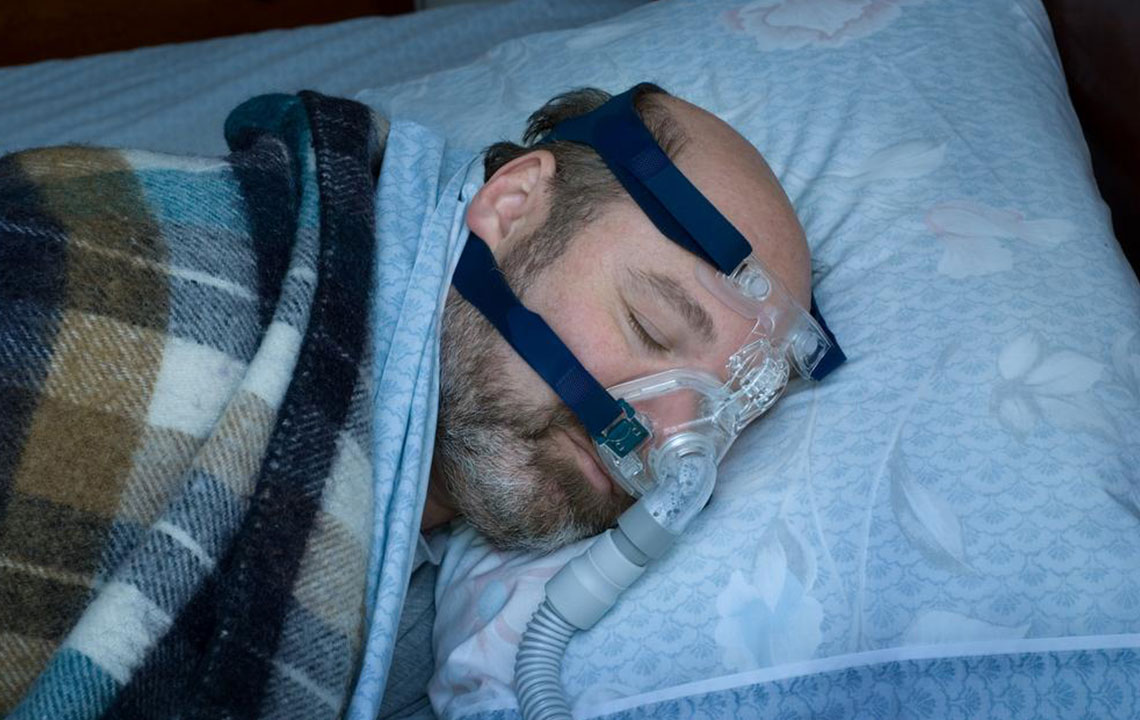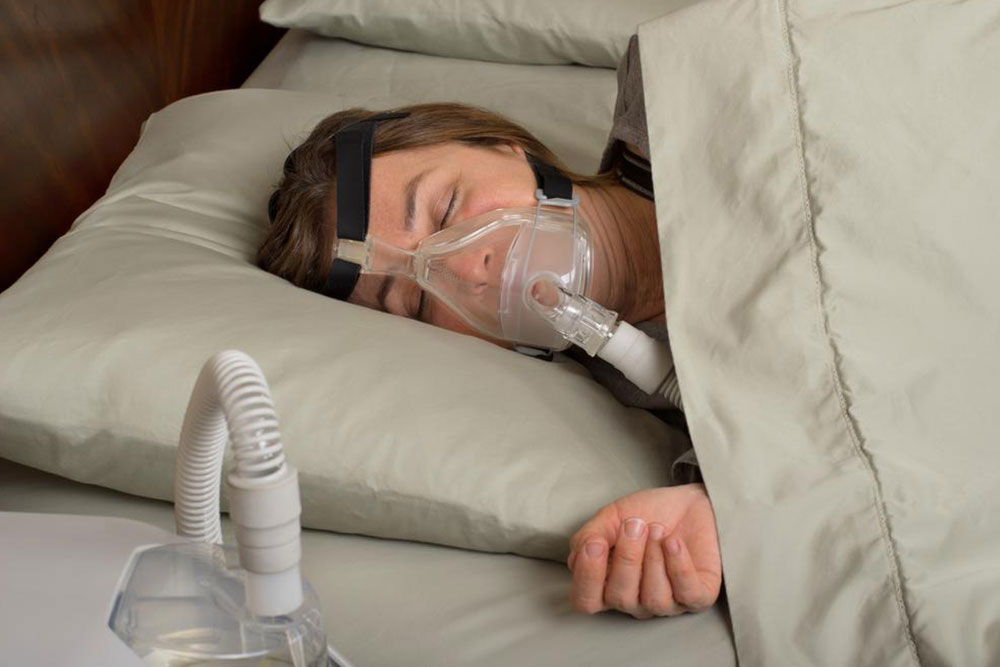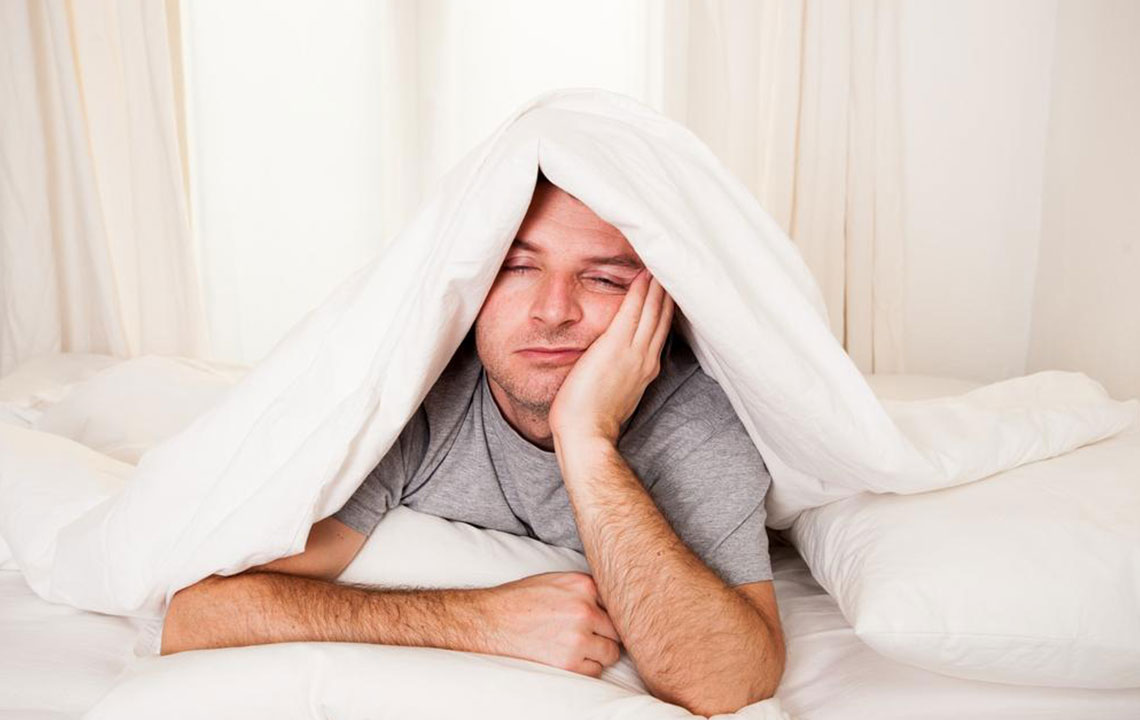Effective Strategies to Manage Sleep Apnea and Ensure Restful Sleep
Learn effective ways to manage sleep apnea, from lifestyle changes to advanced medical treatments. Recognize symptoms early and consult healthcare professionals for personalized strategies to improve sleep quality and overall health.
Sponsored
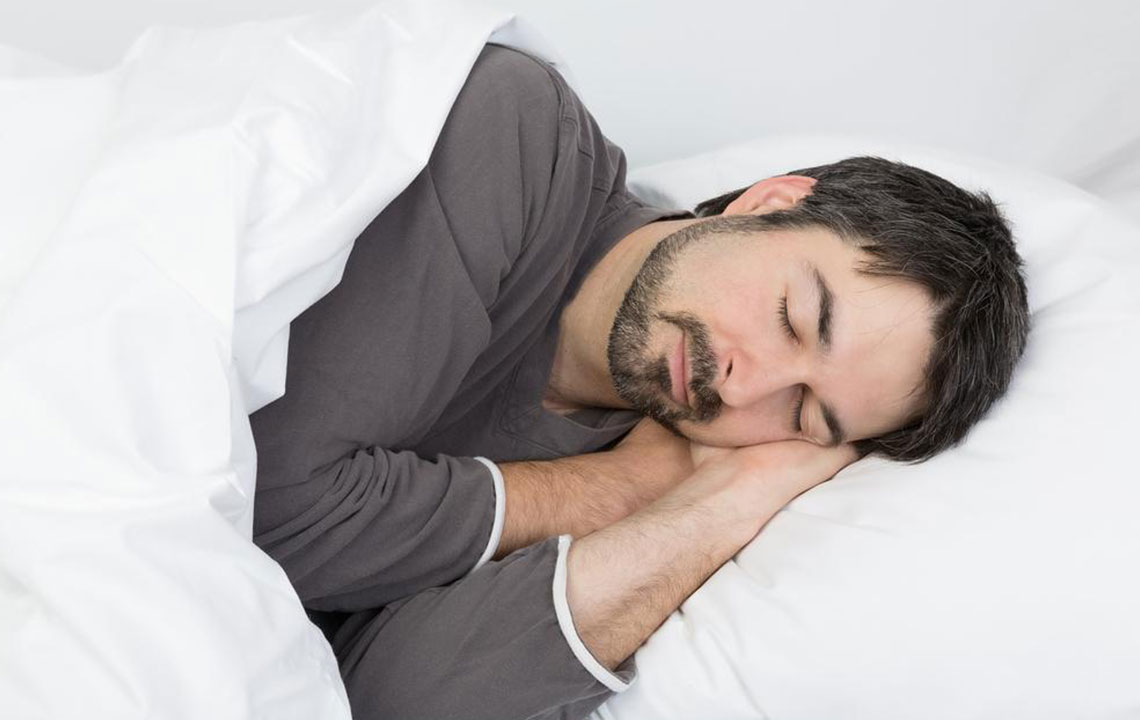
Snoring is a widespread occurrence, often seen in many individuals during nighttime. However, persistent snoring may indicate underlying sleep issues like sleep apnea, which can cause fatigue and impact daytime alertness.
Addressing sleep apnea is crucial for overall health. Recognizing symptoms early helps in managing the condition effectively. Treatments range from lifestyle adjustments to medical interventions, and consulting a healthcare professional is recommended if symptoms persist.
Understanding Sleep Apnea
Sleep apnea disrupts breathing during sleep, causing brief pauses that prevent restful sleep. These interruptions often go unnoticed but significantly affect energy levels and overall health. Early diagnosis and treatment are essential to prevent complications.
Types of Sleep Apnea
The main types include obstructive sleep apnea, caused by throat muscle relaxation blocking airflow; central sleep apnea, linked to brain control issues over breathing; and complex sleep apnea, involving both conditions.
The treatment options depend on the severity and type. Lifestyle changes often help, but in more serious cases, medical interventions are necessary. Professional consultation is advised for an accurate diagnosis and tailored treatment plan.
Home Remedies for Sleep Apnea
Mild cases may benefit from simple lifestyle modifications. Managing weight can reduce throat tissue that obstructs airflow. Avoiding smoking and limiting alcohol can decrease airway inflammation and muscle relaxation, reducing snoring and apnea episodes.
Maintaining a regular sleep schedule, eating lighter meals before bed, and exercising regularly can improve sleep quality. Elevating your head during sleep using pillows and sleeping on your side instead of your back can also help keep airways open.
Sleep Tips for Better Rest
Sleep on your side to prevent airway blockage.
Elevate your head by 4-6 inches using pillows.
Use nasal strips or saline sprays to keep nasal passages clear.
Chewing gum before bed may help keep the mouth closed and reduce snoring.
If these measures do not improve your condition, seeking medical advice is essential for further evaluation and treatment.
Medical Approaches to Treat Sleep Apnea
Healthcare professionals recommend various interventions based on individual needs. Some methods are minimally invasive, while others may be more intensive.
CPAP (Continuous Positive Airway Pressure): A mask device supplying steady airflow to maintain unobstructed breathing overnight.
Other Devices: Options like EPAP, BPAP, and ASV are designed for different severity levels to ensure continuous airflow.
Oral Devices: Custom dental appliances reposition the tongue or jaw to keep airways open during sleep.
Implantable Devices: Pacemakers or nerve stimulators that regulate breathing in severe cases.
Surgical Options: Procedures to enlarge or remove airway obstructions, typically considered after other treatments fail, due to potential risks.

